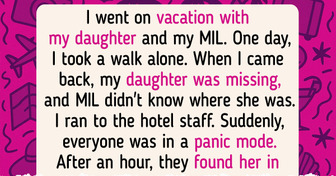I noticed the mask rotating to the right immediately with the present convex side (or inner side of the mask, that would touch your face). It took me about 20 seconds though to detect the alternative, where the convex side appears to jump out at you (becoming the front more 3D looking concave side) which does half of a rotation to the left, before then going back to the original right circulation. I have to choose to see the added left rotation, though. I wonder if there are any other fun quizzes to get a better sense of ability versus luck? I also wonder if it can be dependent on how someone learns or perceives the world? For example, I'm a visual-spatial learner, would that give me a higher likelihood of doing what I just did, unrelated to genius or schizophrenia? I'm also 22, so perhaps growing up staring at electronic screens could present an unfair advantage? I'm not at all knowledgeable on this topic; just a curious observer. Thanks to anyone who can provide further resources, so that I may fall down a fun rabbit hole, you are much appreciated. (:
2 Questions That Can Be Answered Only by a Genius
It is practically impossible to tell a normal person from a genius by their appearance. Many psychiatric tests and methods are used in order to find out what is going on in the person’s head.
Bright Side prepared for you 2 simple questions that can be answered only by an extraordinary genius personality.
Important: In order to get precise results, answer the questions in accordance with your feelings. Try to concentrate on what you see, not what it should look like. Now, look at the images attentively, and answer the questions.
1. Is the mask convex on one side or two?
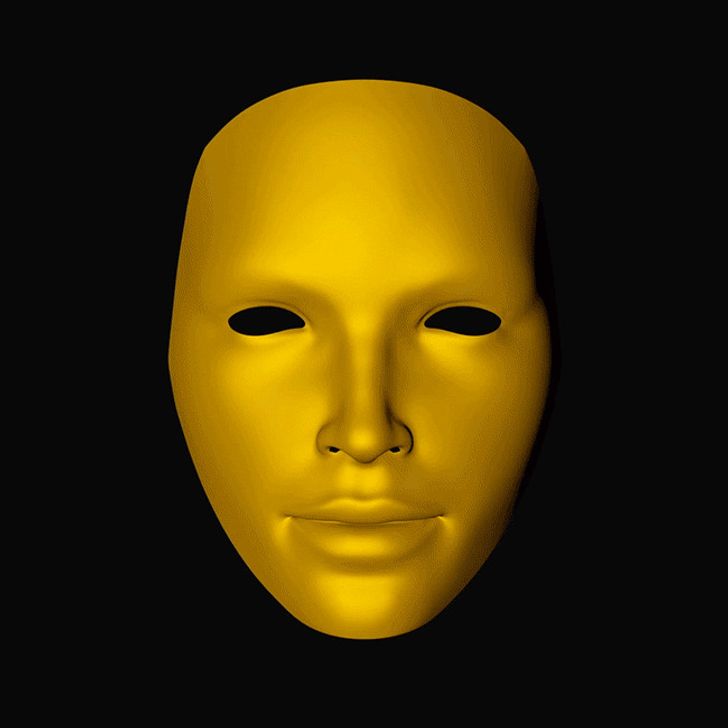
2. Is the mask rotating in one direction or in two?
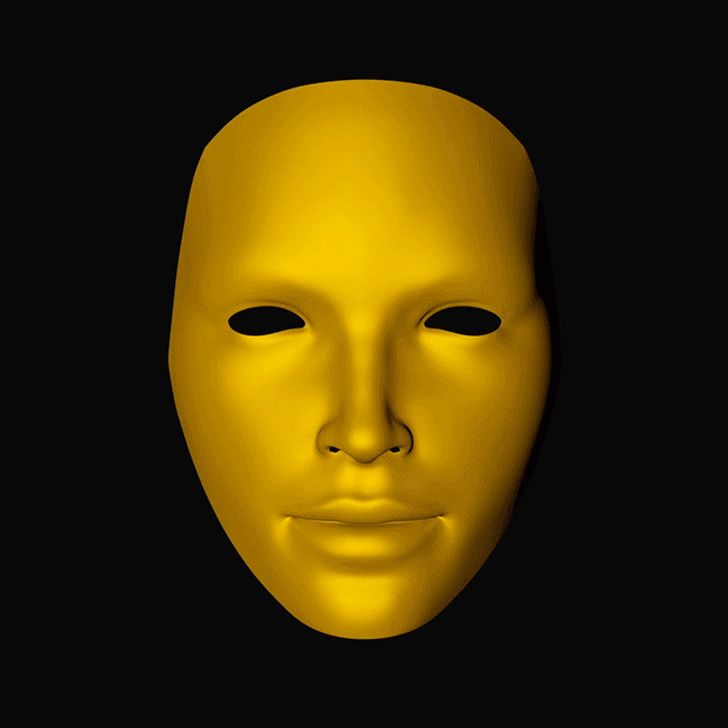
Answers
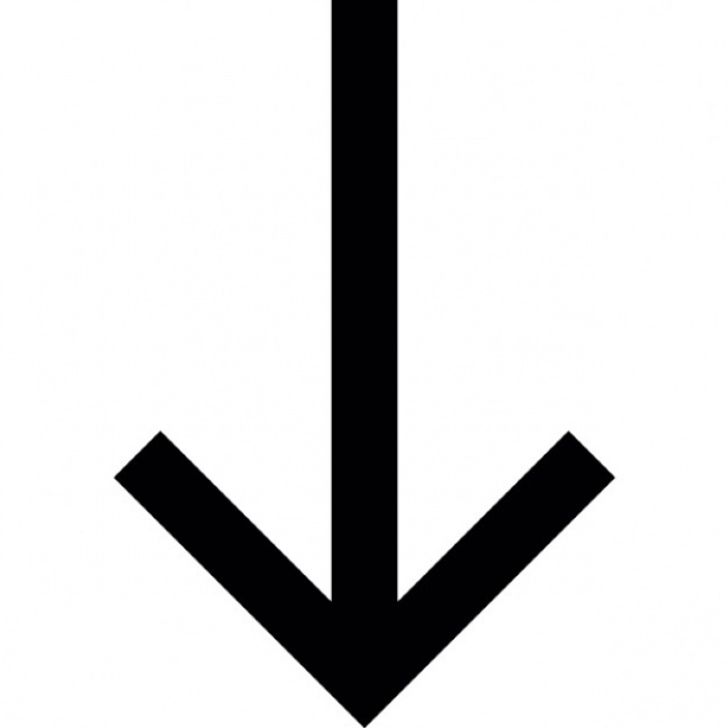
1. The mask is convex only on one side.
2. The mask is rotating in the right direction.
Who are you? Crazy or genius?
If you answered both questions wrong, do not worry: you are a completely normal person.
The truth is that the brain of a healthy person tends toward self-deceit. It takes into account artificial forms and extra shadows, “correcting” the picture. We swallow the hook of the illusion, no matter if we want to or not.
What difference does genius make? Genius personalities possess both types of thinking: that of a healthy person as well as the schizophrenic one, and they are able to switch between the types of thinking. They see the illusion just the way a normal person sees it, but they also see the catch immediately. If they want to, their brain may stop perceiving the deceit.
Comments
This is click bait advertising that continues to build a wall between mental illness and society. Both myself and my husband answered your questions correctly, and neither of us are geniuses nor are we people with Schizophrenia. As a mental health counselor I would suggest that you do not put out "quizzes" like this. Its demeaning to those who actually suffer from mental illnesses or those who have higher IQ's, and for you to assume that they're "unimaginative", is a grotesque assumption. This proves nothing about a person's mental state, at most, it reflects basic reasoning skills that even a child with concrete operation would be able to see. Bright Side should be ashamed of releasing this kind of harmful stigmatization as it is not helping to close any gaps. Also, Bright Side, try using person first language the next time you decide to stereotype a population. Additionally, suggesting that either one of these populations or any person who "passes" your quiz needs to "get a friend who is a psychiatrist", only highlights your ignorance and obvious naivete concerning the mental health community. It's unfortunate that according to your website, over a million people have viewed this and although you might find it "helpful", some of those viewers might actually fall into the categories you have chosen to target. #stopthestigmatization
It's moving both sides.
Am I right that not being fooled by illusion very well is a sign of a mental illness?
I asked this question, because when I do a Google search about illusions and Schizophrenia, the results show that Schizophrenics don't get fooled by illusion, but I am not sure if that is true with all people on the Schizophrenia Spectrum.
I do get fooled illusions, but I don't see illusions in a way that a normal person sees. In that sense I have mild pathology of Schizophrenia according to the Google search, even though I am not sure if I have a diagnosis of Schizophrenia, but I know that I am being treated for Bipolar Disorder.
I have Learning Disorder, ASD and I have history of being deranged with delusions and hallucinations for one month when I was fifteen years old.
I still have distorted view of reality, but I am aware of my actions and developed coping strategies, because I am on medications for ADHD and Bipolar Disorder.
I don't see all illusions normally, especially optical illusions.
I do get fooled by illusions, including optical ones, but my mild pathology is related to Schizophrenia.
The only difference is that I have similar understanding of a Schizophrenic person, especially when it comes to mask rotating illusion. This understanding came from my early childhood and it is also a symptom of Autism, when it came to having trouble reading faces.
I no longer have that problem, but I still see mask on every faces when if comes to figuring out if someone is lying or manipulating me and my friends.
Related Reads
8 Secret Messages That Are Gracefully Hidden in the Uniforms of Flight Attendants

15 Pics That Broke Our Hearts Into Pieces Because of Their Sheer Wholesomeness

An Artist Creates Poignant Illustrations That Show Life the Way It Is, and They Can Make Your Soul Cry
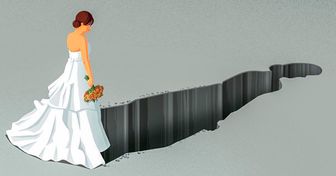
15 Photos of Situations We Couldn’t Explain Even If We Tried

Only Geniuses Can Answer These Three Questions Correctly
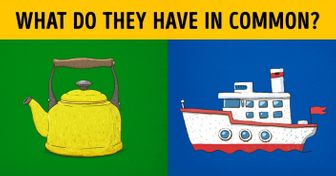
23 Times People Were So Eccentric, We Can’t Look at Them Without Eye-Rolling

I Installed a Secret Camera After My MIL Insisted on Having Our Key
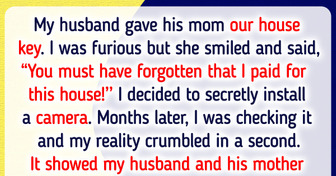
My Ex-Husband Spent the Money Saved for Our Son on His Stepdaughter

My Son Brought His Fiancée Home – I Immediately Called the Police
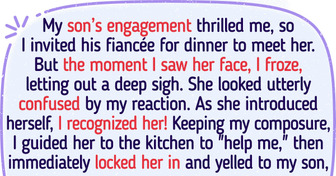
I’m Utterly Shocked After Overhearing My Fiancé and His Mom’s Malicious Plot Against Me
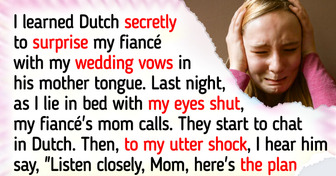
9 Manicure Trends That Are Dominating This Summer 2025
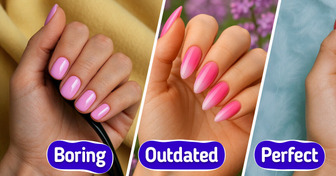
I Lost My Baby Because of My MIL, and She Didn't Care
